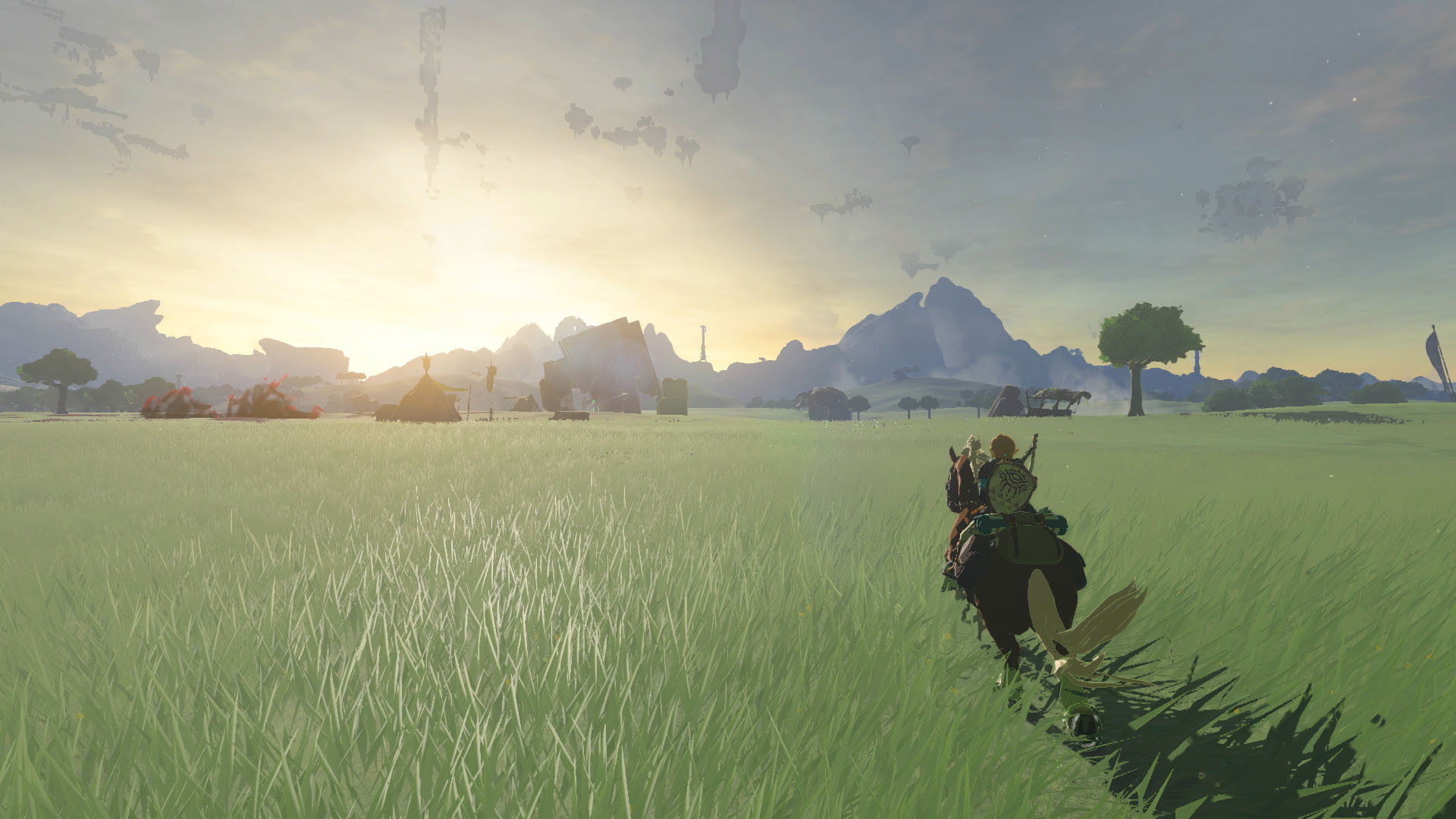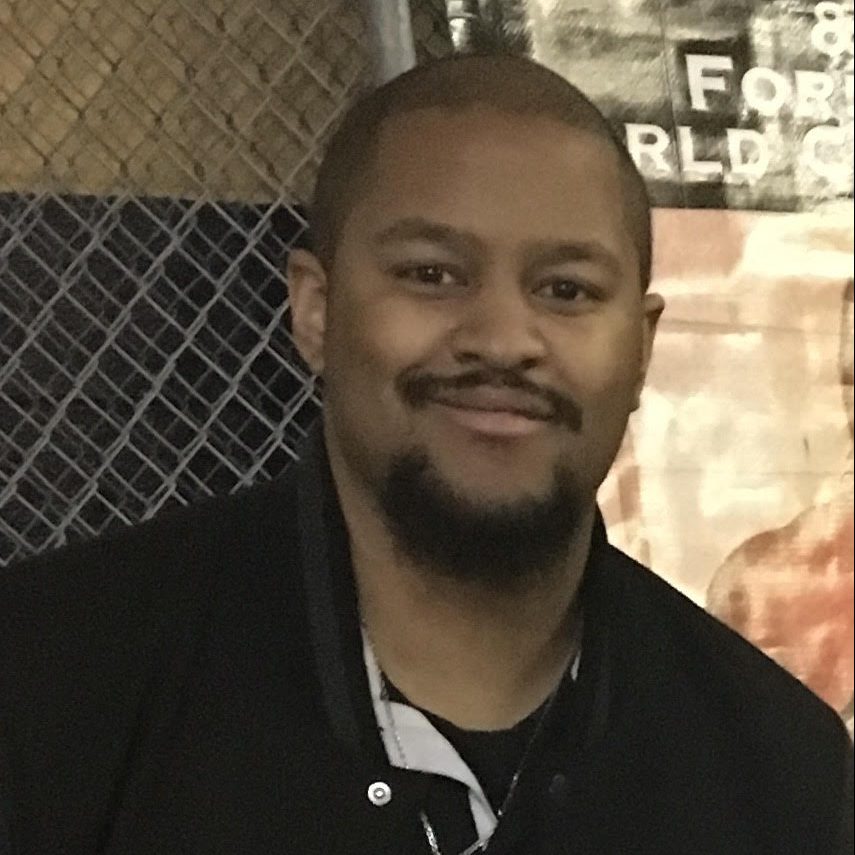Personality is everything in a main character, from the way they walk and talk, right down to the way they dress. Even the way they hold a weapon says something about who they are.
If you were asked to name the most iconic figures in gaming, a few figures might come to mind: Master Chief, Kratos, and Nathan Drake, among others. The one thing these characters have in common is that they all have recognizable voices. Yet as iconic as those voices are, I miss a different kind of hero:
The silent protagonist.

Stepping Into Link’s Boots
A recent playthrough of The Legend of Zelda: Breath of the Wild spurred this thought. As I retrained my muscles in anticipation of Tears of the Kingdom, I thought to myself, Link looks nothing like me. I’m a 6’1”, 280-pound Black man with a bald head and a beard.
One thing Link and I do share, however, is the will to fight. My Link is a measured but aggressive fighter. Someone who won’t get out of position but instead stays on an enemy. Suddenly, I realized how much that meant to my playthrough of not only this Zelda game, but others before it.
Link changed as I did. When I was younger, exploring the depths of the Shadow Temple in Ocarina of Time, I would creep slowly down the Skulltula hallway not wanting to be caught off guard when it dropped on me. Now, as an adult, I’ll step right where I need to step and invite the fight.
Link is me, and it’s not by accident. Zelda creator Shigeru Miyamoto has said in the past that Link is meant to be a representation of the player. A game inspired by Miyamoto’s childhood exploration would take that stance. It’s all about how you view and embody the character, and the series is better for it.

Voice Gained, Magic Lost
The ability to put yourself in the shoes of the main character without having to worry about an established voice or personality creates a level of immersion that is lost with the higher production values of most AAA-level titles. Gaming is as much about the gamer as it is the character.
One of the things I’ve disliked in gaming is the phrase “power fantasy,” as it takes away from what makes playing video games so great. Gaming is about escapism: being able to lose yourself in the world and characters, no different than your favorite book. Nintendo released an ad for Tears of the Kingdom that perfectly encapsulates this: A man having a rough day, tired and ready to just sink into his chair, picks up TotK and it instantly changes how he feels.
That is what a silent protagonist can do that voiced ones can’t. Picking up a game and becoming the character, feeling everything around you melt away. Even the controller starts to feel like an extension of your hands, and the sounds of the game hit you right in the chest. You can enjoy God of War just like any other game, but controlling Kratos is always going to feel like controlling a movie. Kratos is who he is. Controlling Link feels like putting yourself in the story. He moves how you want to move. The feeling of the game changes: It goes from you responding to the things around you, to you making those things happen.

Silence Is Golden
Voice acting is great, and when done correctly, it can result in some truly magnificent connections with a game. The Last of Us is a great example.
And yet, there is no substitute for sitting down, booting up a game, and truly, fully stepping into the shoes of the main character. When every movement feels like you, when the combat and traversal pull you in because you’re that much more attached to the world, that is the magic of the silent protagonist, and I hope it never goes away.
Anthony is a huge Zelda fan, and a bigger Eagles and AEW fan. He's been gaming for 28 years and has no intention of stopping. Ocarina of Time is his personal GOAT. When he's not playing games, you can catch him talking about sports and wrestling.











